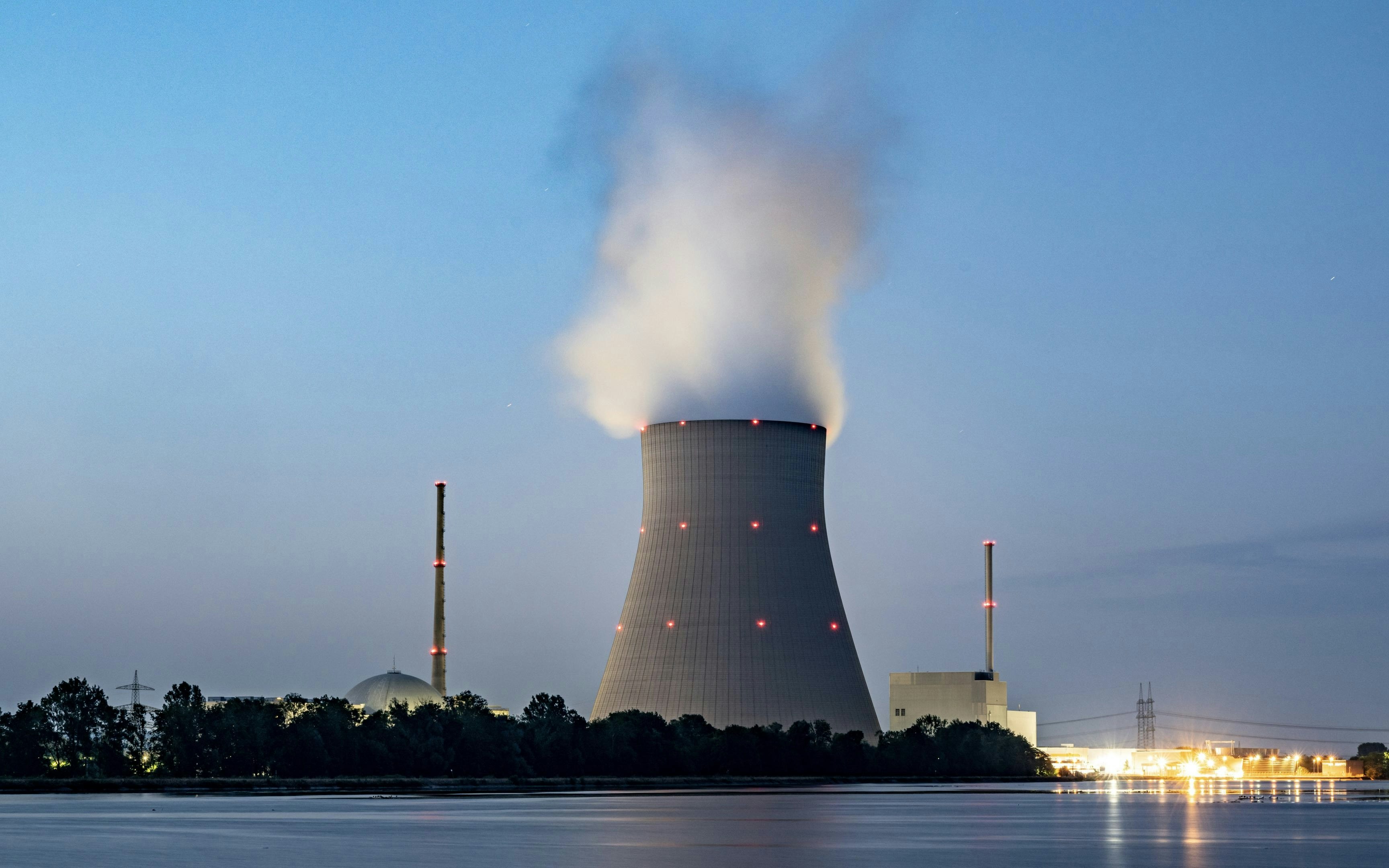One year after the final shutdown of the last German nuclear power plants, the decision to end the use of nuclear energy in Germany remains controversial. A representative survey commissioned by the comparison portal Verivox reveals that 51.6 percent of respondents consider the nuclear phase-out to be a mistake in retrospect, while 28.4 percent disagree and one fifth remain undecided.
The results of this survey reflect widespread skepticism that is also expressed in other polls. According to an RTL trend barometer, even 58 percent of Germans are against nuclear phase-out, with this proportion even reaching 78 percent in the eastern part of the country.
Federal Minister of Economics Robert Habeck still defends the decision: "Supply security was assured at all times, electricity prices have fallen significantly again, and CO₂ emissions are decreasing," Habeck emphasized and pointed out that the nuclear phase-out had been a joint effort of all democratic parties.
Despite this, consumer prices continue to be the focus of criticism. According to Verivox, the average electricity prices for consumers have dropped by 17 percent, yet the economist Veronika Grimm argues that the prices could be even lower if the last three reactors had remained on the grid. She estimates that the electricity prices would have been eight to twelve percent lower.
The Energy Policy Debate is Further Fueled by the Fact That Germany Imported More Electricity Than It Exported Last Year – A Circumstance That Had Not Occurred Since 2006. Critics See This as Proof That the Nuclear Phase-Out Has Undermined Germany's Energy Independence. However, the Ministry of Economic Affairs Points out That Continuing Nuclear Power Would Have Resulted in Higher CO₂ Emissions and Ultimately Higher Electricity Bills.
The shutdown of the last nuclear reactors Isar 2, Neckarwestheim 2, and Emsland on April 15, 2023, marked the definitive German withdrawal from nuclear power, which had been briefly postponed in the context of the Russian war of aggression against Ukraine to ensure the security of energy supply. Despite the government's official satisfaction, public opinion remains divided, with a significant portion of the population viewing the decision critically.





